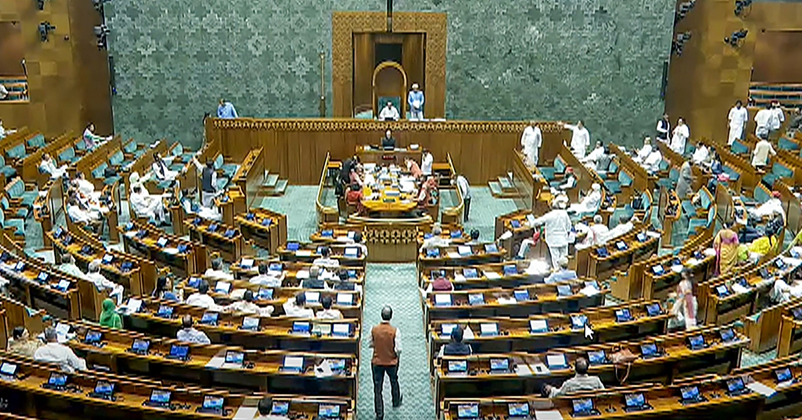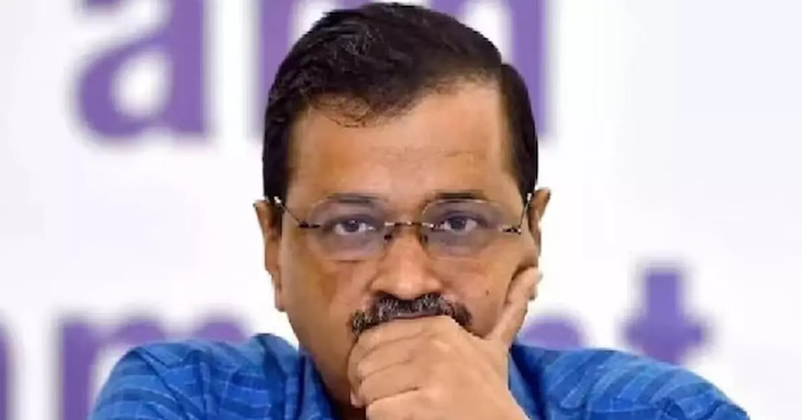CMs, Ministers to Lose Office if Jailed for 30 Days: Two Key Bills in Lok Sabha Today
20 Aug 2025 11:07:11

The government is set to introduce two significant bills in the Lok Sabha today that will directly impact the functioning of governments in Jammu & Kashmir as well as other Union Territories such as Delhi and Puducherry. The core idea behind both bills is that if a Minister or the Chief Minister is in jail for a prolonged period on serious charges, they cannot continue in office.
1. The Jammu and Kashmir Reorganisation (Amendment) Bill, 2025
This bill amends the Jammu and Kashmir Reorganisation Act, 2019.
Key Provisions:
If any Minister or the Chief Minister remains in custody for 30 consecutive days,
And the offence they are accused of carries a punishment of five years or more,
They will be removed from office.
Procedure:
For a Minister → The Lieutenant Governor (LG) will remove them based on the Chief Minister’s advice.
For the Chief Minister → The LG will act on the advice of the Council of Ministers.
If the Council of Ministers fails to advise within 30 days, the LG can act independently to remove the Chief Minister.
However, the same person may be reappointed later if acquitted or if circumstances change.
Meaning: In Jammu & Kashmir, any Minister or Chief Minister accused of a serious offence and remaining in custody for 30 days will automatically lose their office.
2. The Government of Union Territories (Amendment) Bill, 2025
This bill amends the Government of Union Territories Act, 1963, and carries the same provision for all Union Territories.
Key Provisions:
Any Minister or Chief Minister in a Union Territory (such as Delhi or Puducherry) will lose their office if they remain in custody for 30 consecutive days,
Provided the offence carries a punishment of five years or more.
Procedure:
For a Minister → The LG will act on the advice of the Chief Minister.
For the Chief Minister → The LG will act on the advice of the Council of Ministers or independently if the Council fails to respond in 30 days.
The individual may be reappointed later if acquitted.
Meaning: This rule will now apply uniformly across all Union Territories.

For example, former Delhi CM Arvind Kejriwal remained in jail for five months in connection with the infamous liquor scam, but he did not resign and continued as Chief Minister. This was because, at that time, there was no law requiring him to step down. However, under this new law, if someone remains in jail for 30 days, they will have to vacate the office.
Shared Objective of Both Bills
The government has clarified that the purpose of these provisions is to ensure the integrity and efficiency of governance. If a Minister or Chief Minister faces serious criminal charges and remains in custody for a month, they should not be allowed to continue running the government.
With these bills being introduced today, heated debates are expected in Parliament, given their direct implications for the politics of Jammu & Kashmir, Delhi, and other Union Territories.